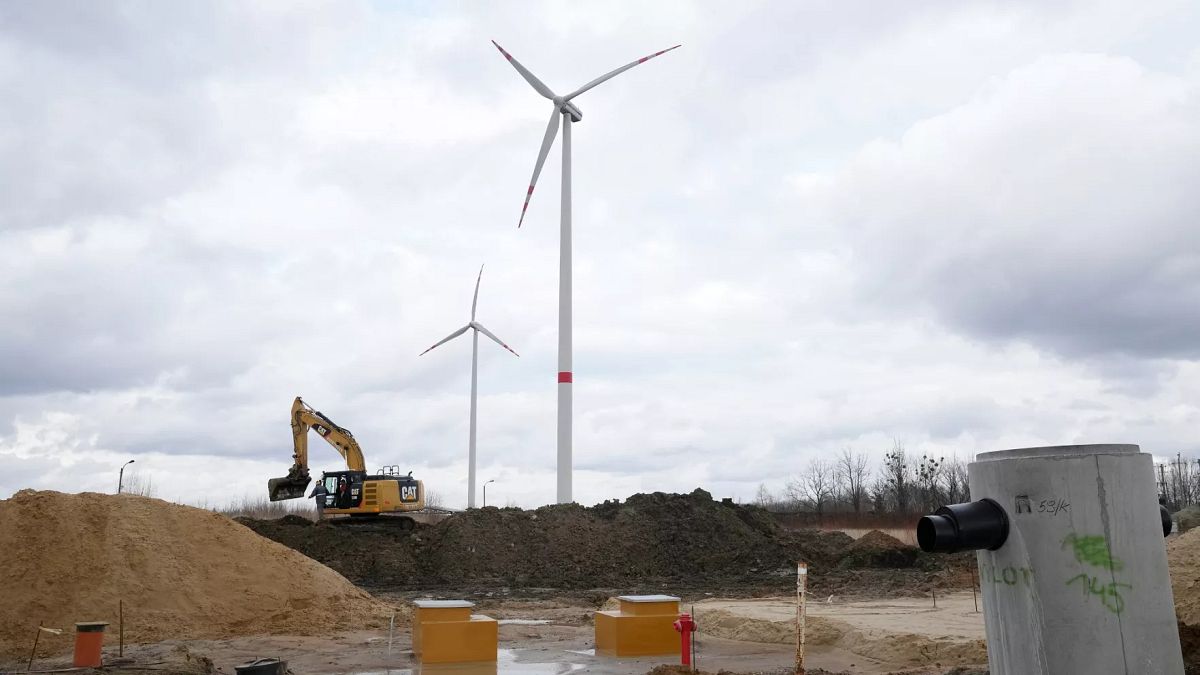

In a world increasingly aware of the environmental challenges we face, there are promising strides as well as significant hurdles on our path towards a greener future. This exploration takes us across continents, from Europe to Latin America and the United States, shedding light on key developments in renewable energy, climate change legal obligations, and pollution management.
Starting with significant progress in Poland, this July marked a monumental shift in their energy sector. For the first time, renewable energy surpassed coal in electricity generation, signaling a positive turn towards sustainable power sources. The decrease in coal consumption highlights a pivotal trend, though the uptick in oil and gas usage illustrates the complexities and gradual nature of transitioning to clean energy. Amidst these developments, Poland still remains one of the top emitters globally, presenting both a milestone and a reminder of the work that lies ahead in reducing fossil fuel dependency.
In Europe, the financial burden of climate-related events has been underscored by a recent study documenting the economic losses endured by major countries such as Germany, Italy, France, and Spain. Since 1980, these nations have collectively grappled with significant financial impacts from natural hazards exacerbated by climate change. As heatwaves continue to sweep across the continent, the imperative for resilient infrastructure and effective climate adaptation strategies becomes ever more apparent, highlighting a call for unity and action towards minimizing future risks.
Turning our gaze to Latin America, a groundbreaking ruling from the Inter-American Court of Human Rights has affirmed the legal responsibility of governments to combat climate change, underscoring the notion of a stable climate as a human right. This advisory opinion not only sets a legal precedent but also emphasizes the profound risks climate change poses, particularly to vulnerable communities. This ruling sends a powerful message to the global community, reinforcing that addressing climate change is a collective responsibility and an obligation rooted in human rights.
Across the Atlantic, a landmark study in the United States brings attention to an environmental concern that has long been under scrutiny: the pollution from per- and polyfluoroalkyl substances (Pfas). The research highlights that sewage sludge and wastewater plants are significant sources of Pfas contamination in waterways. The findings from 19 states underscore the critical need for robust measures to manage and mitigate this chemical pollution effectively. As these plants often serve communities across the country, ensuring the safe handling of waste becomes crucial in protecting water resources and public health.
These environmental narratives encapsulate a global crossroads in the pursuit of sustainability, emphasizing that progress and challenges coexist on this journey. Each continent and community must balance innovation with resilience, and action with accountability, to secure a healthier and more stable planet for future generations. As we continue to advance towards our environmental goals, celebrating strides and acknowledging hurdles alike fortifies our collective resolve to effect lasting change.
Source: {link}
